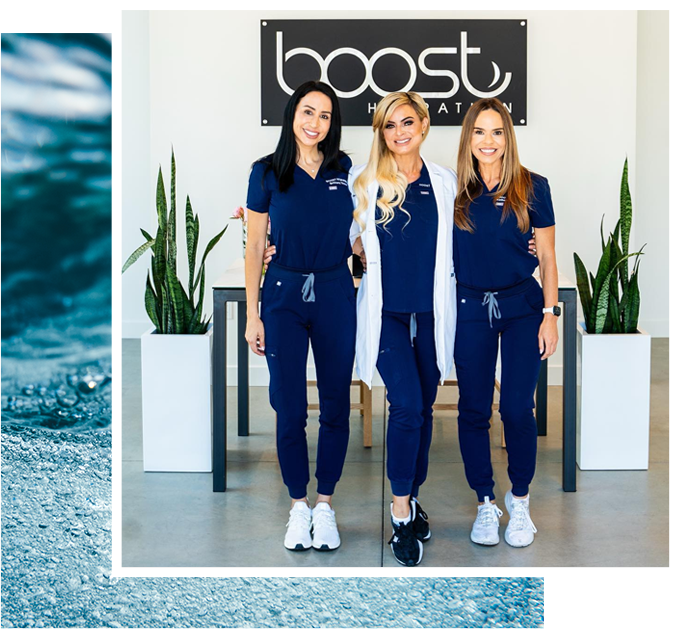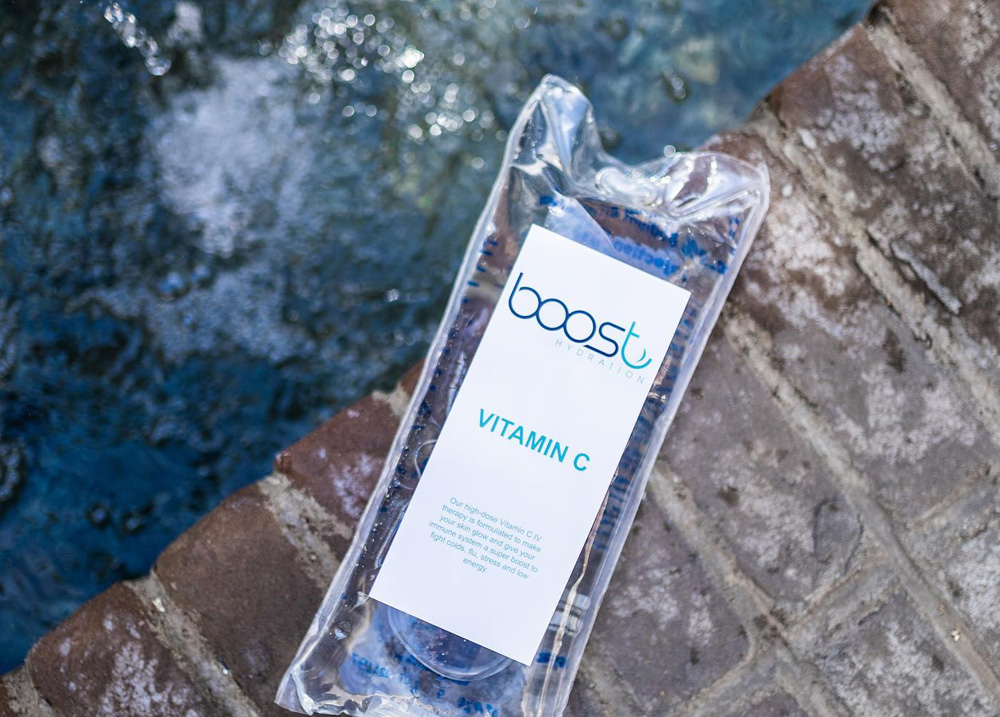Vitamin C Infusion Orange County
When it comes to harnessing the power of Vitamin C, intravenous infusion offers a direct and efficient route to reaping its benefits. Our Vitamin C infusion in Orange County involves delivering a potent dose of Vitamin C directly into your bloodstream, bypassing the digestive system. This method ensures maximum absorption and effectiveness, allowing your body to fully utilize the essential nutrients for various health benefits.
What is Vitamin C IV?
Vitamin C, also known as ascorbic acid, supports immune function, collagen production and overall well-being. Vitamin C IV therapy involves the administration of a carefully formulated solution directly into your veins. By delivering Vitamin C intravenously, your body absorbs higher levels of this essential nutrient than would be possible through oral supplementation alone.
 Newport Beach, CA
Newport Beach, CA

 IV Treatments
IV Treatments



 for your Vitamin C Infusion
for your Vitamin C Infusion




















